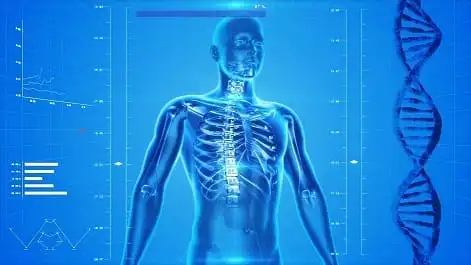AI in Healthcare and its Future: How AI Revolutionizing the Healthcare Industry
AI in healthcare improves accuracy and efficiency in diagnosis, treatment, and patient management, reducing costs and enhancing the patient experience. Challenges include data privacy, ethical considerations, and bias in AI algorithms, which require continuous investment and innovation.
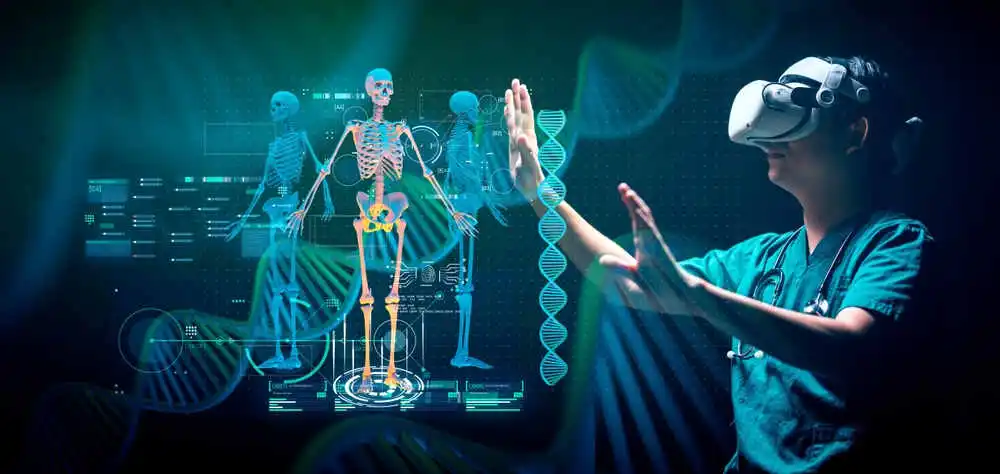
Artificial Intelligence (AI) refers to developing computer systems that can perform tasks that typically require human intelligence, such as perception, reasoning, learning, and decision-making. In recent years, AI in healthcare has become increasingly important in medicinal industry, as it has the potential to revolutionize the way healthcare is delivered and improve patient outcomes.
The Net Worth of AI in the Healthcare Industry
The market for artificial intelligence (AI) in healthcare was estimated to be valued at approximately 11 billion dollars in 2021. The healthcare AI market is expected to reach over 188 billion dollars by 2030, growing at a compound annual growth rate of 37% between 2022 and 2030.
What is AI in Healthcare?
The importance of AI in healthcare is rooted in the challenges faced by the healthcare industry. Healthcare is a complex and constantly evolving field under pressure to deliver high-quality care, reduce costs, and improve patient outcomes. Healthcare professionals face overwhelming data, making it difficult to make accurate and timely decisions. AI in healthcare has the potential to help healthcare professionals make sense of this data, improve diagnoses, and provide more personalized treatments.

Overview of the Healthcare Industry and Its Challenges
The healthcare industry faces several challenges, including an aging population, rising healthcare costs, and an increasing burden of chronic diseases. The World Health Organization (WHO) estimates that chronic diseases will account for 75% of all deaths worldwide by 2030. AI has the potential to address these challenges by enabling earlier and more accurate diagnoses of diseases, personalized treatments, and more efficient use of healthcare resources.
The introduction of AI in healthcare has the potential to revolutionize the industry by addressing the challenges faced by healthcare professionals and improving patient outcomes. The remainder of this article will explore the applications of AI in healthcare, its benefits, challenges, concerns, and the future of AI in healthcare.
AI in Healthcare Examples
AI has the potential to transform healthcare by providing healthcare professionals with advanced tools to diagnose, treat, and manage diseases. The following are some of the key applications of AI in healthcare:
1. AI in Medical Diagnosis
AI can help healthcare professionals make more accurate and timely diagnosis. AI-powered diagnostic tools can analyze large amounts of patient data, including medical images, lab results, and clinical notes, to identify patterns and predict disease progression. For example, AI algorithms have been developed to detect skin cancer by analyzing images of skin lesions. AI can also help diagnose rare diseases by analyzing genetic data and identifying disease-causing mutations.

2. AI in Drug Discovery and Development
AI can help to accelerate the drug discovery and development process by predicting the efficacy and safety of new drugs. AI-powered tools can analyze large amounts of data from clinical trials, electronic health records, and scientific literature to identify potential drug targets and predict drug-drug interactions. For example, AI algorithms have been developed to predict the side effects of new drugs by analyzing their chemical structures and comparing them to existing drugs.
3. AI in Personalized Medicine
AI can help to tailor treatments to individual patients by analyzing patient data and identifying the most effective treatments for specific patient groups. AI can also help identify patients at risk of developing certain diseases, allowing for early intervention and prevention. For example, AI algorithms have been developed to predict the risk of developing heart disease by analyzing patient data, including medical history, lifestyle factors, and genetic information.
4. AI in Medical Imaging and Analysis
AI can help to improve the accuracy and efficiency of medical imaging and analysis. AI-powered tools can analyze medical images, such as CT scans and MRI images, to identify abnormalities and assist with diagnosis. For example, AI algorithms have been developed to detect breast cancer in mammograms by analyzing image patterns.
5. AI in Patient Monitoring and Management
AI in healthcare can help to monitor patients remotely and provide personalized care. AI-powered tools can analyze patient data, including vital signs and medical history, to identify potential health issues and alert healthcare professionals when intervention is needed. For example, AI algorithms have been developed to predict the likelihood of hospital readmission by analyzing patient data and identifying risk factors.
There are several AI applications in healthcare, including medical diagnosis, drug discovery and development, personalized medicine, medical imaging and analysis, and patient monitoring and management. The use of AI in healthcare has the potential to improve patient outcomes, increase efficiency, and reduce healthcare costs.

Benefits of AI in Healthcare
The use of AI in healthcare has numerous benefits, including:
1. Improved Accuracy and Efficiency in Diagnosis and Treatment
AI can help healthcare professionals make more accurate and timely diagnoses, improving patient outcomes. AI-powered diagnostic tools can analyze large amounts of patient data and identify patterns and potential disease progression, leading to earlier diagnosis and more effective treatment options. Additionally, AI automation in healthcare helps routine tasks, allowing healthcare professionals to focus on more complex and high-value tasks.
One of the major benefits of AI in healthcare is its ability to analyze vast amounts of patient data to provide more accurate and efficient diagnoses and treatment options. AI algorithms can analyze medical images, lab results, and patient history to help healthcare professionals make more informed decisions, leading to better patient outcomes.
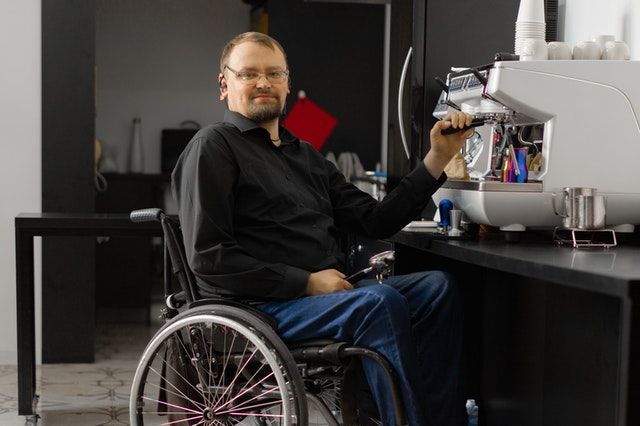
2. Enhanced Patient Experience and Satisfaction
How is AI used in healthcare? AI can improve the patient experience by providing personalized care and support. For example, AI-powered chatbots can provide patients with 24/7 access to healthcare advice and support. AI can also help reduce wait times and improve appointment scheduling, increasing patient satisfaction and improving the patient experience by providing personalized care and reducing wait times. Chatbots, for example, can assist patients with routine inquiries and scheduling appointments, freeing healthcare professionals to focus on more complex cases. Action.
3. Reduced Healthcare Costs and Resource Utilization
AI can help to reduce healthcare costs by improving efficiency and reducing waste. For example, AI-powered tools can help healthcare professionals make more informed decisions about treatment options, reducing hospital readmissions and unnecessary procedures. AI can also help to optimize resource utilization by predicting patient demand and identifying opportunities for resource allocation.
AI can also help reduce healthcare costs and resource utilization by improving accuracy and efficiency. It is especially important in settings where resources are limited, such as in rural or underfunded areas.
4. Increased Accessibility to Healthcare Services
AI can help to increase accessibility to healthcare services, particularly in remote or underserved areas. For example, AI-powered telemedicine platforms can provide patients with remote access to healthcare professionals, allowing virtual consultations and remote monitoring. It can help to reduce the burden on healthcare infrastructure and improve access to care for patients who may not have access to traditional healthcare services.
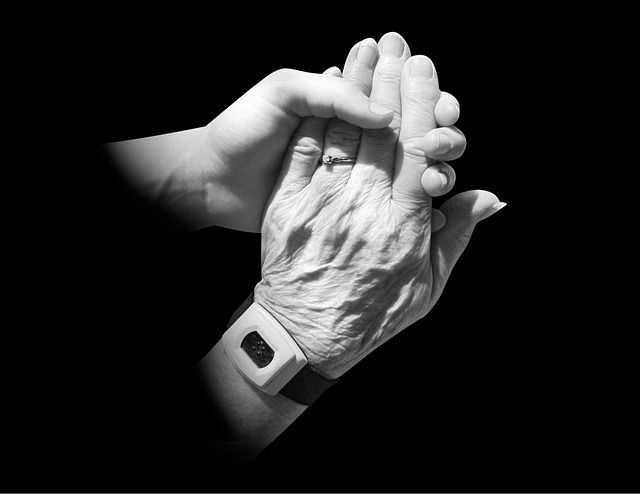
AI can also increase accessibility to healthcare services, especially in areas with a shortage of healthcare professionals. Telemedicine, for example, can provide remote consultations and diagnosis, allowing patients to receive care from the comfort of their own homes.
AI in healthcare can improve accuracy and efficiency in diagnosis and treatment, enhance patient experience and satisfaction, reduce healthcare costs and resource utilization, and increase access to healthcare services. As the healthcare industry continues to face increasing demand and pressure to deliver high-quality care, AI has the potential to revolutionize the way healthcare is delivered and improve patient outcomes.
Challenges and Concerns of AI in Healthcare
While the use of AI in healthcare offers many benefits, several challenges and concerns need to be addressed. Some of these include:
1. Data Privacy and Security
One of the biggest challenges facing AI in healthcare is data availability and quality. Healthcare data is often complex, unstructured, and stored in various formats and locations, making it difficult for AI applications. Additionally, healthcare data is subject to strict privacy regulations, such as the Health Insurance Portability and Accountability Act (HIPAA), which limits its accessibility for AI research and development.
The use of artificial intelligence in healthcare requires the collection and analysis of large amounts of sensitive patient data. This data must be properly secured to ensure patient privacy and prevent breaches. Healthcare organizations must ensure that their data privacy and security measures are sufficient to protect patient information.

2. Ethical Considerations and Bias in AI Algorithms
AI algorithms are only as good as the data they are trained on, and biases can be introduced into these algorithms if the data is not representative or if the algorithms are not designed to account for these biases. For example, an AI algorithm may be biased against certain racial or ethnic groups, leading to inaccurate or unfair treatment decisions. It is important to ensure that AI algorithms are designed to be fair and transparent and that they do not perpetuate existing biases.
3. Integration with Existing Healthcare Systems and Infrastructure
The implementation of AI in healthcare can be challenging, particularly when it comes to integrating with existing healthcare systems and infrastructure. Healthcare organizations must ensure that their IT infrastructure can support implementing and operating AI-powered tools.
4. Regulation and Governance of AI in Healthcare
As AI becomes increasingly prevalent in healthcare, there is a need for regulatory frameworks to ensure that AI-powered tools are safe, effective, and reliable. Healthcare organizations must adhere to regulations governing the use of AI in healthcare industry, and there must be mechanisms in place to ensure that AI algorithms are regularly monitored and updated to maintain their accuracy and effectiveness.
5. Lack of Standardization
Another challenge is the lack of standardization in healthcare data. Data from different sources, such as electronic health records, medical images, and wearable devices, are often stored in different formats, making it difficult to integrate and analyze. This lack of standardization makes it challenging for AI algorithms to learn and draw meaningful insights from the data.
6. Limited Adoption
Despite the promise of AI in healthcare, the adoption of the technology is still limited. Healthcare organizations face several barriers to adoption, including the high cost of implementation, resistance to change, and the need for specialized expertise.
While the use of AI technology in healthcare offers many benefits, several challenges and concerns must be addressed. Data privacy and security, ethical considerations and bias in AI algorithms, integration with existing healthcare systems and infrastructure, and regulation and governance of AI in healthcare are key challenges that must be addressed as AI becomes increasingly prevalent in the healthcare industry.

What is the Future of AI in Healthcare?
Artificial Intelligence (AI) is poised to revolutionize healthcare in the coming years, transforming how medical professionals diagnose, treat, and manage diseases. AI technology can improve the quality of patient care, reduce healthcare costs, and increase efficiency in healthcare delivery.
-
Personalized Medicine
AI-powered tools can analyze patient data to identify individualized treatment options, leading to more targeted and effective care. This approach has the potential to improve patient outcomes and reduce healthcare costs. -
AI Use in Healthcare Predictive Analytics
AI-powered predictive analytics can identify patients at risk of developing certain diseases or conditions, allowing healthcare professionals to intervene early and prevent disease progression. -
Augmented Reality
Augmented reality technologies can enhance healthcare professionals' capabilities, allowing them to visualize and manipulate patient data in new ways. This technology has the potential to improve diagnosis and treatment outcomes. -
Robotics
AI-powered robots can be used in surgical settings to perform complex procedures with greater precision and accuracy, reducing the risk of complications and improving patient outcomes.

-
Emerging Trends and Technologies
AI-powered chatbots are another emerging technology that has the potential to revolutionize the healthcare industry. These chatbots can assist patients with scheduling appointments, providing basic medical advice, and even diagnosing certain conditions. By automating these tasks, healthcare professionals can focus on more complex patient needs, improving overall patient outcomes. -
Potential Impact on Healthcare Delivery and Outcomes
The potential impact of AI and ML in healthcare delivery and outcomes is significant. AI can improve accuracy and efficiency in diagnosis and treatment, reduce healthcare costs, and improve patient outcomes. Additionally, AI can help address healthcare disparities and improve access to care for underserved populations. -
Disease Diagnosis and Prediction
AI can help doctors diagnose diseases more accurately and quickly than ever before. Machine learning algorithms can analyze large amounts of data and identify patterns that may be difficult for a human to detect. It could lead to earlier detection and treatment of diseases, ultimately improving patient outcomes. -
Remote Patient Monitoring
AI-powered devices can continuously monitor patients remotely, collecting data on their vital signs, activity levels, and other health metrics. It could help doctors detect changes in a patient's health status early and intervene before a serious problem occurs. -
Implications for Healthcare Professionals and Patients
However, the implications of AI in healthcare are not just limited to healthcare professionals. Patients may also benefit from AI, particularly regarding increased access to healthcare services and personalized care. However, there are also concerns about data privacy and security and the potential for biases in AI algorithms.
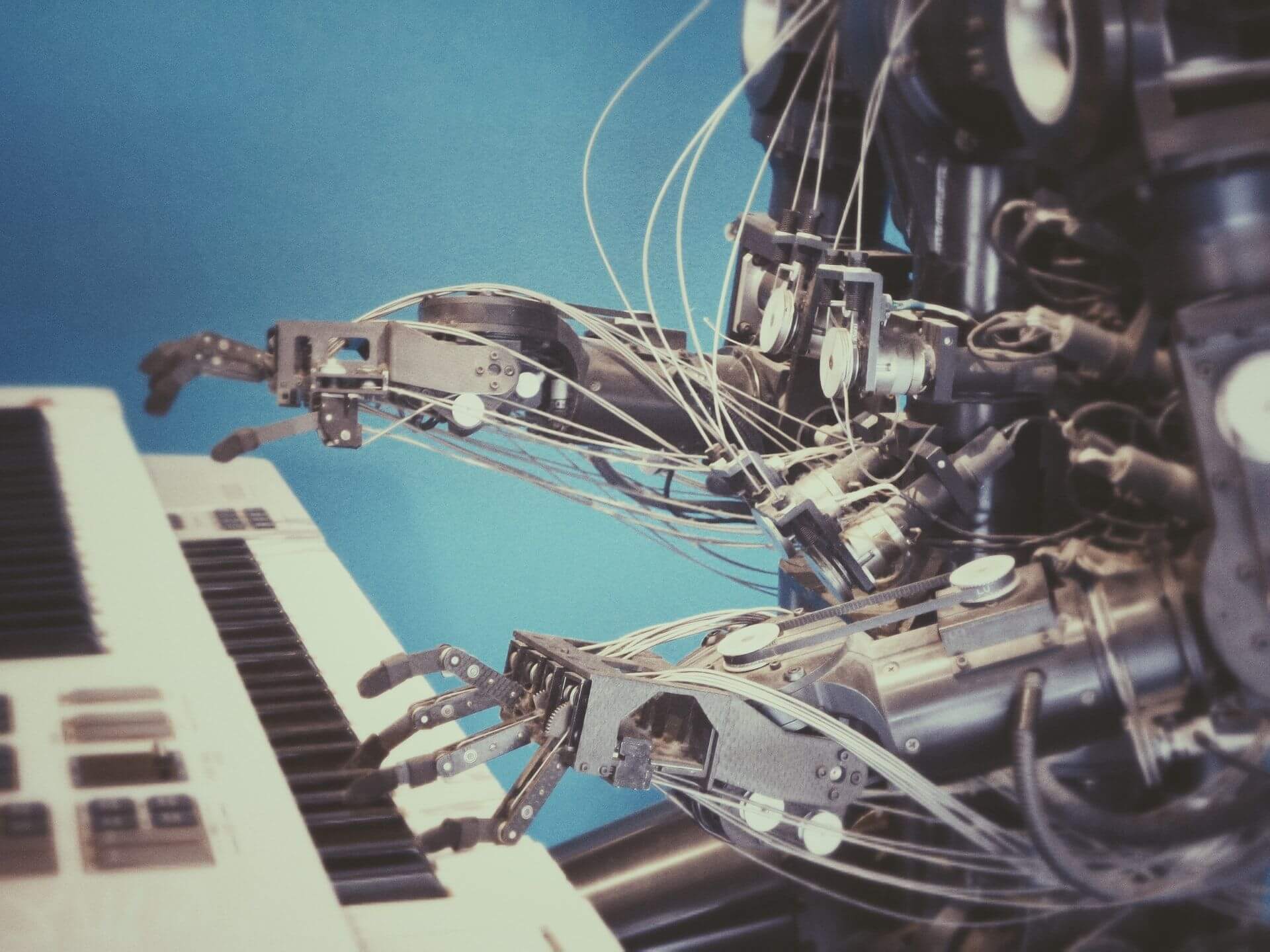
The future of AI in healthcare is promising, with the potential to transform the healthcare industry and improve patient outcomes. While some challenges and concerns must be addressed, the benefits of artificial intelligence in healthcare are significant, and the industry is poised for continued innovation and development in this area.
How AI is Used in Healthcare? Wrapping Note
AI has the potential to revolutionize the medicine industry, improving accuracy and efficiency in diagnosis and treatment, enhancing patient experience and satisfaction, reducing healthcare costs and resource utilization, and increasing access to healthcare services. AI-powered tools are already used in medical diagnosis, drug discovery and development, personalized medicine, medical imaging and analysis, and patient monitoring and management.
Challenges of AI in Healthcare
However, implementing AI in healthcare also presents several challenges and concerns, such as data privacy and security, ethical considerations and bias in AI algorithms, integration with existing healthcare systems and infrastructure, and regulation and governance of AI in healthcare. Addressing these challenges will require ongoing investment and innovation in AI for healthcare.
It is important for healthcare professionals, policymakers, and stakeholders to recognize the ethics of AI in healthcare and continue investing in its development and implementation. As AI technology advances, there is significant potential for continued innovation in healthcare, improving patient outcomes and transforming the healthcare industry.
AI can potentially improve healthcare delivery and outcomes in many ways, and continued investment and innovation in this area are crucial to realizing these benefits. The healthcare industry must work together to address the challenges and concerns associated with AI implementation while continuing to advance the development and integration of AI-powered tools in healthcare.


